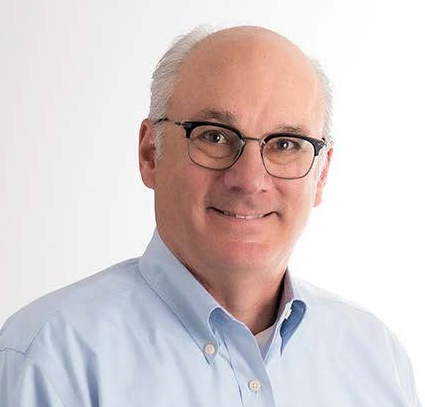Formal Trial Name
Transplantation of CRISPR-CAS9 Corrected Hematopoietic Stem Cells in Patients with Severe Sickle Cell Disease
Trial Funding
The University of California San Francisco (UCSF) is sponsoring this study with funding from the National Institutes for Health (NIH) , National Heart, Lung, and Blood Institute (NHLBI) and California Institute for Regenerative Medicine (CIRM).
Trial Purpose
To test whether the investigational product, CRISPR_SCD001:
- Can be made from people with sickle cell disease and if it is safe for them to receive it
- Improves the health of patients with sickle cell disease
Trial Background
The study is designed to test a new drug called CRISPR_SCD001, which is a type of gene editing therapy. Study doctors will use a ‘gene changing’ tool called CRISPR to change the sickle gene mutation in a person’s own stem cells to a non-sickle gene that makes healthy hemoglobin. These gene edited stem cells will be given back to the patient, who is their own donor. Before giving back the gene edited cells, patients will undergo a conditioning regimen to eliminate bone marrow stem cells. The conditioning regimen consists of high-dose chemotherapy, which helps to make room for the gene edited stem cells to grow when they are eventually transplanted back into the patient. The safety of making this change to their stem cells will be tested and monitored so study doctors can find out if gene editing is safe and if this treatment might help people with severe sickle cell disease get better.

“This therapy has the potential to transform sickle cell disease care by producing an accessible, curative treatment that is safer than the current therapy of stem cell transplant from a healthy bone marrow donor. If this is successfully applied in young patients, it has the potential to prevent irreversible complications of the disease.”
-Mark Walters, MD
TRIAL INFORMATION
To learn more about the trial and see if you’re eligible, click here.
 Clinical Trial Listing: NCT04774536
Clinical Trial Listing: NCT04774536
 Download Trial Details
Download Trial Details

